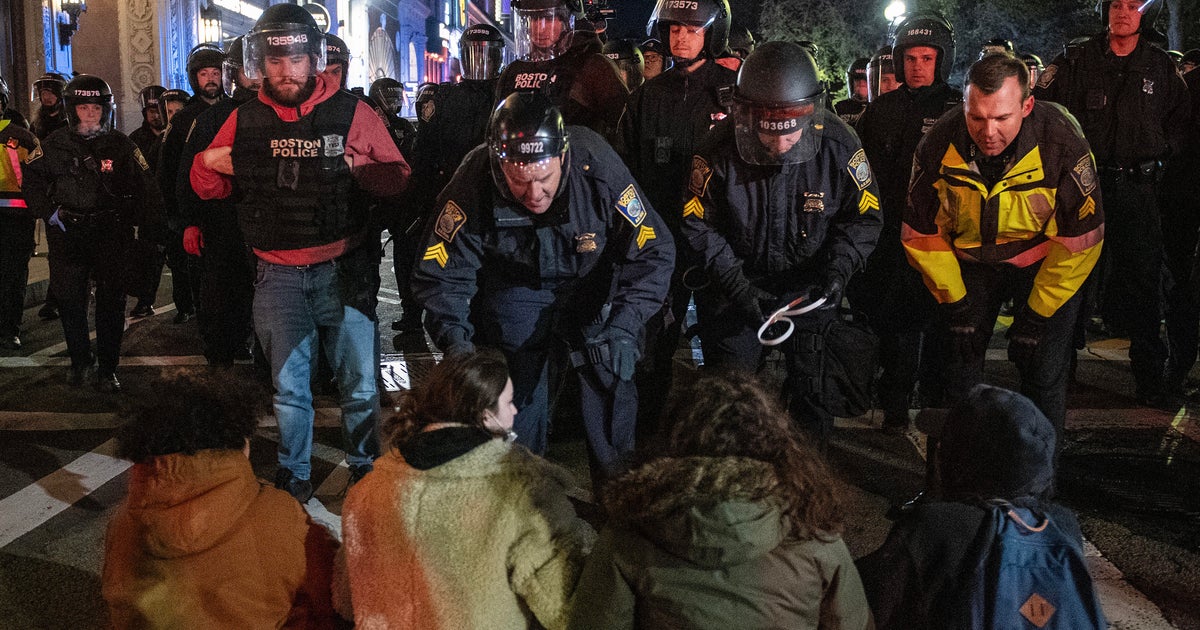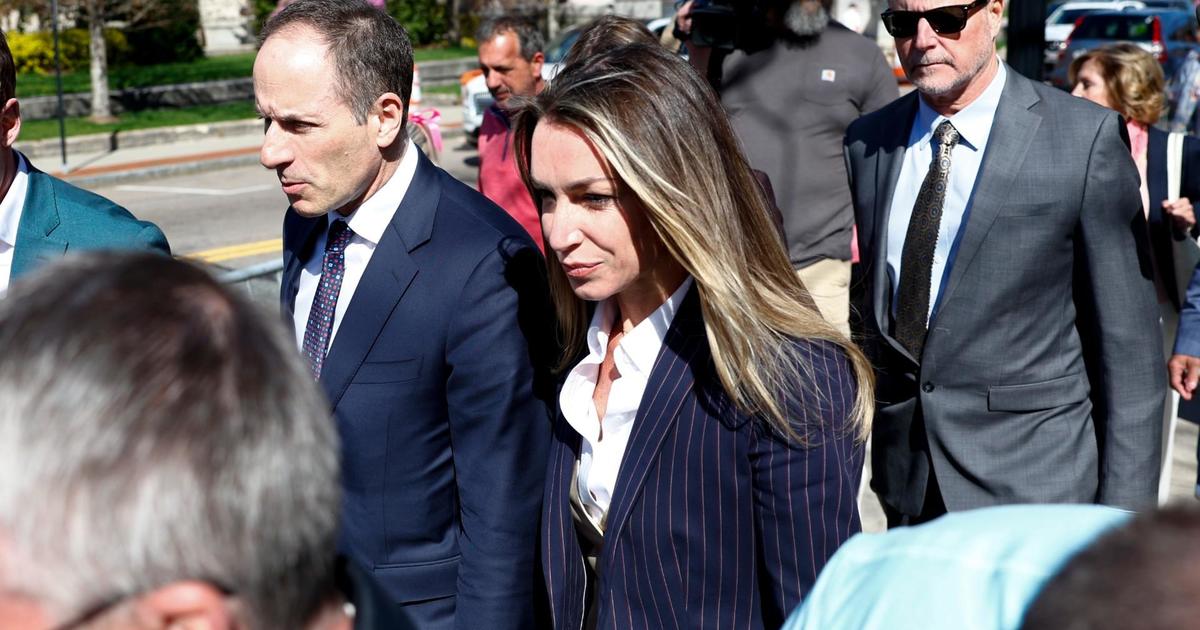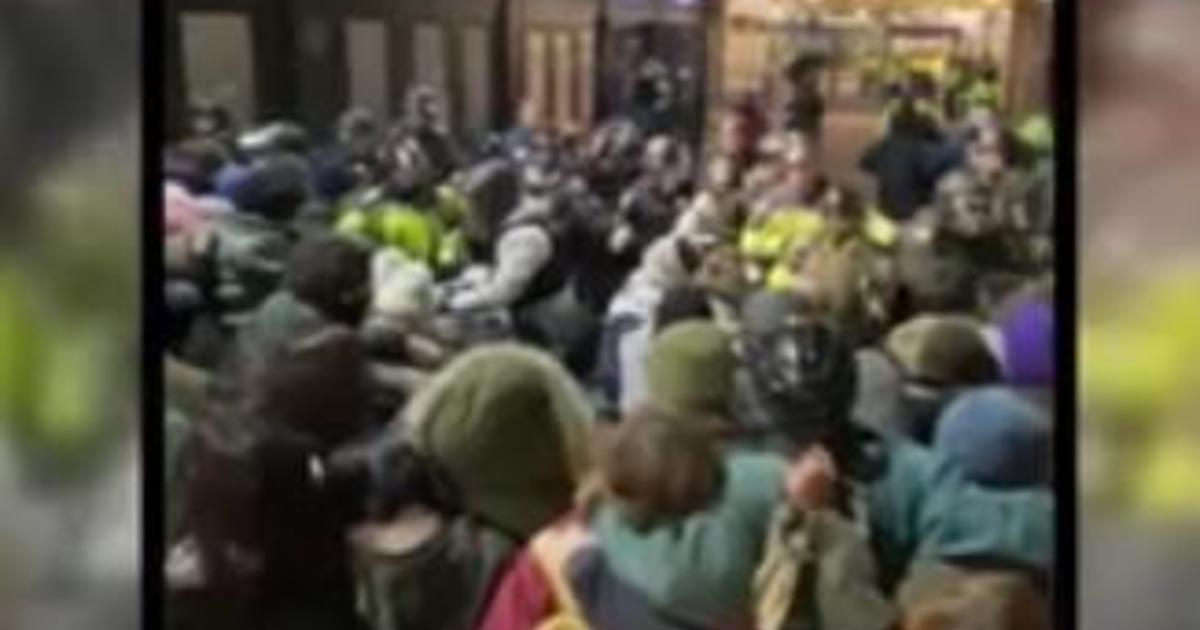"Roadmap to his crime": Legal experts say circumstantial evidence is strong in case against Brian Walshe
COHASSET - While Brian Walshe was arraigned Wednesday morning for the murder of his wife, legal experts and law enforcement analysts were watching closely.
Prosecutors revealed that Ana Walshe's body has not been found by investigators and based on Google searches her husband Brian allegedly made about dismembering and disposing of a body, investigators don't believe her body will ever be found. Rather, it's believed her remains made it to a South Shore incinerator before investigators could get there.
Despite the lack of a body, both legal analyst Jennifer Roman and former FBI agent Jennifer Coffindaffer believe prosecutors have a strong case.
"The Google searches in this case are such strong circumstantial evidence for the prosecution," Coffindaffer explained. "Not only does it provide a very unique and specific timeline, it also gives you a window into what he was thinking, and his concerns, into how he was going to cover this up."
Related: '10 ways to dispose of a dead body' among Brian Walshe's alleged online searches
"We've got everything they need for a circumstantial case," Roman added.
Prosecutors revealed they have more than 20 Google searches Brian allegedly made on his son's computer about disposing of a body, they recovered more than 10 bags of trash that included Ana's bloody clothes and personal items, and they recovered two knives and a hatchet. Several of the items were covered in blood and both Ana and Brian's DNA.
"Each of these small details all adds up to a roadmap to his crime," Coffindaffer explained.
Walshe's defense attorney tried to get the details of the investigation kept private during his arraignment Wednesday, asking the judge to not have them read out loud since Walshe didn't contest his bail. Still, the judge allowed the prosecutor to read the harrowing information.
In a statement to WBZ, defense attorney Tracy Miner said,
"It is easy to charge a crime and even easier to say a person committed that crime. It is a much more difficult thing to prove it, which we will see if the prosecution can do. I am not going to comment on the evidence, first because I am going to try this case in the court and not in the media. Second, because I haven't been provided with any evidence by the prosecution. In my experience, where, as here, the prosecution leaks so called evidence to the press before they provide it to me, their case isn't that strong. When they have a strong case, they give me everything as soon as possible. We shall see what they have and what evidence is admissible in court, where the case will ultimately be decided...I will not be giving any media interviews or comments. I intend to win this case in court, not in the media, which has already tried and convicted Mr. Walshe."
While fewer than 10% of cases ever end up at trial, legal analyst Jennifer Roman says Brian Walshe's case certainly will. "This case is going to trial," Roman said. "We don't have the death penalty, so this isn't a question of 'if I don't get the death penalty.' If convicted, he's going to be in prison for life. So, from his perspective, what do I have to lose? They don't have a body; they don't have physical remains that we know of right now...So what does Brian Walshe have to lose by taking this to trial? Absolutely nothing."




